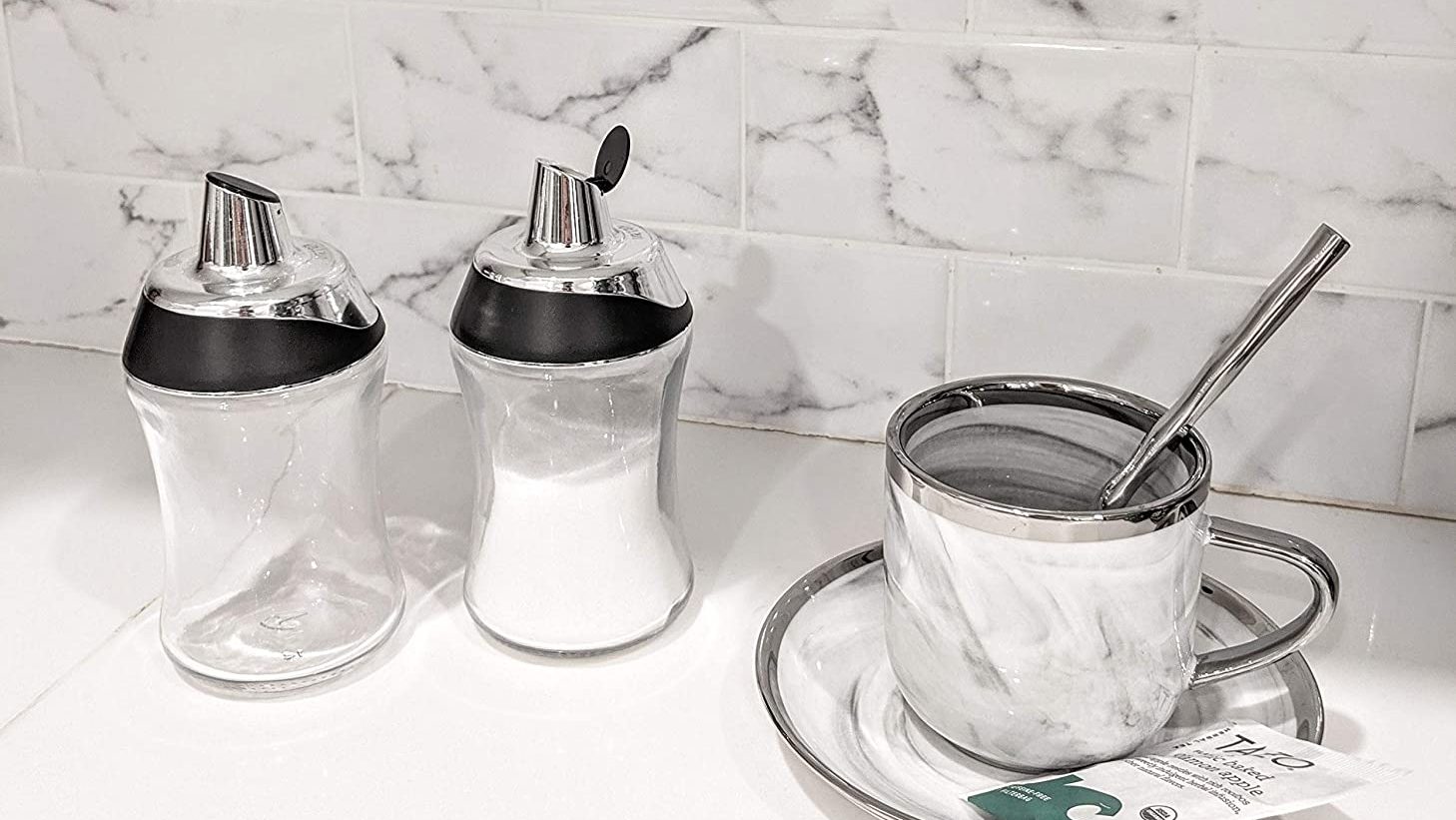For decades, scientists have posited that artificial sweeteners cause cancer in mice. Despite all of the evidence pointing toward an increased risk of cancer in mice, scientists previously determined that research on rodents just isn’t definitive about the risk that these sweeteners hold towards people. However, a new study has highlighted more troubling data about the risks that artificial sweeteners pose.
Do artificial sweeteners cause cancer?

In the new study, researchers sifted through over a decade of data gathered from over 100,000 French volunteers. In that data, the researchers found that consuming artificial sweeteners posed an increased risk of cancer. More specifically, the researchers say people consuming any kind of artificial sweetener had a 13-to-14 percent higher chance of developing cancer.
There are many types of artificial sweeteners out there. However, the researchers focused on three common options: aspartame, sucralose, and acesulfame potassium. You can find aspartame marketed as NutraSweet or Equal. You can find these brands in many restaurants and grocery stores. Companies market acesulfame potassium as Sunett or Sweet One. Finally, sucralose is sold under the name Splenda.
While it isn’t an outright fact that artificial sweeteners cause cancer, the study found that using them can increase your risk of cancer. High consumers of aspartame registered with a 15 percent greater chance of cancer. Consuming high levels of acesulfame potassium showed an increase of 13 percent for cancer. Finally, sucralose showed a 3 percent greater chance of getting cancer in all types of consumers.
The study also looked at data to adjust for other factors that can increase the risk of cancer, too. These factors included gender, age, and tobacco use, all of which can play a part in your risk for cancer.
Why you should care

While the researchers cannot say definitively that artificial sweeteners cause cancer, the results of this study are still causing concern. The FDA has approved eight sugar substitutes in the U.S. Three of those approved include aspartame, sucralose, and acesulfame potassium. As such, they can appear in multiple “sugar-free” products you and I buy every day.
Things like diet drinks, sugar-free candies, foods, and so on can contain high levels of these sugar substitutes. Companies often market these items as “better than sugar” or even “healthier than sugar”. However, that might not be the case at all, as results seem to push towards artificial sweeteners increasing your risk of cancer when ingested, especially in high amounts. Previously scientists have even shown that drinking calorie-free sodas doesn’t do as much as you might think healthwise.
Still, scientists are bound to debate the importance of these findings. While studies show artificial sweeteners cause cancer in mice, they only appear to increase the risk of cancer in humans. As such, some may say that these new results don’t show anything we haven’t already seen.
Until we have more data to go off of, you’ll need to decide whether those increased risks are worth going with the “healthier” options that sugar substitutes supposedly offer.








